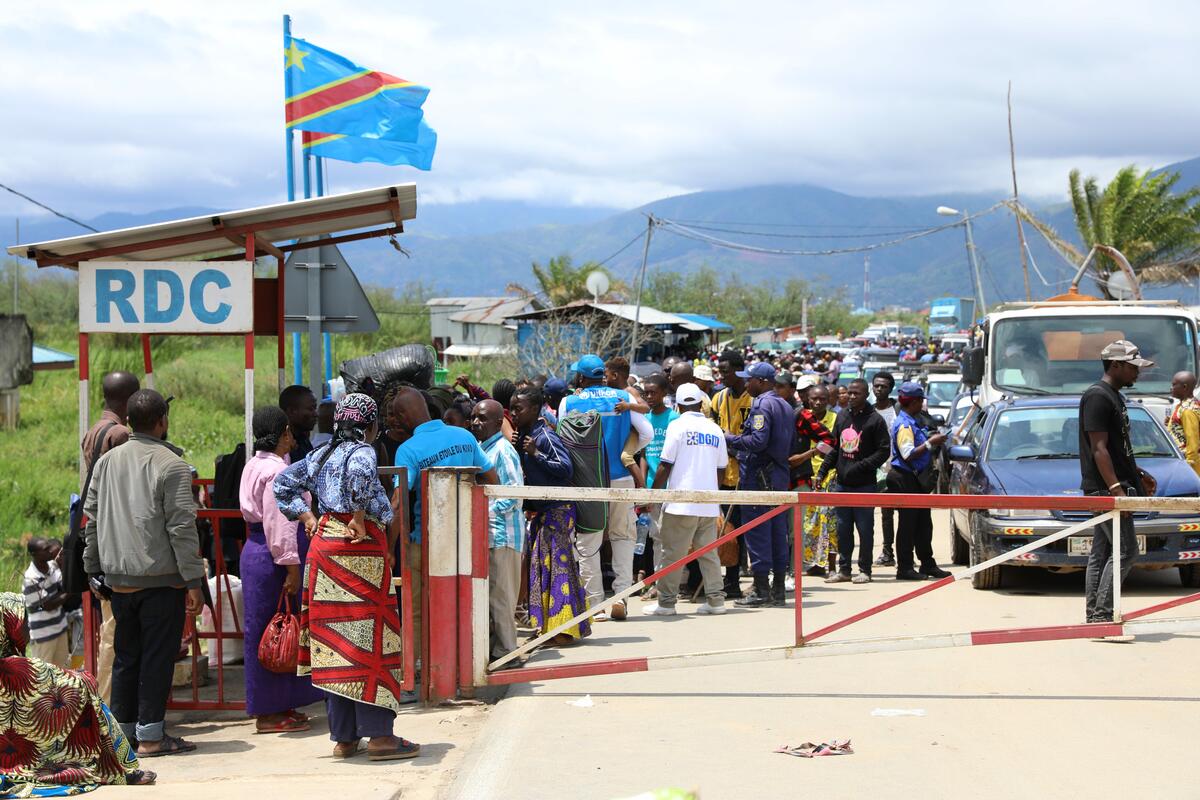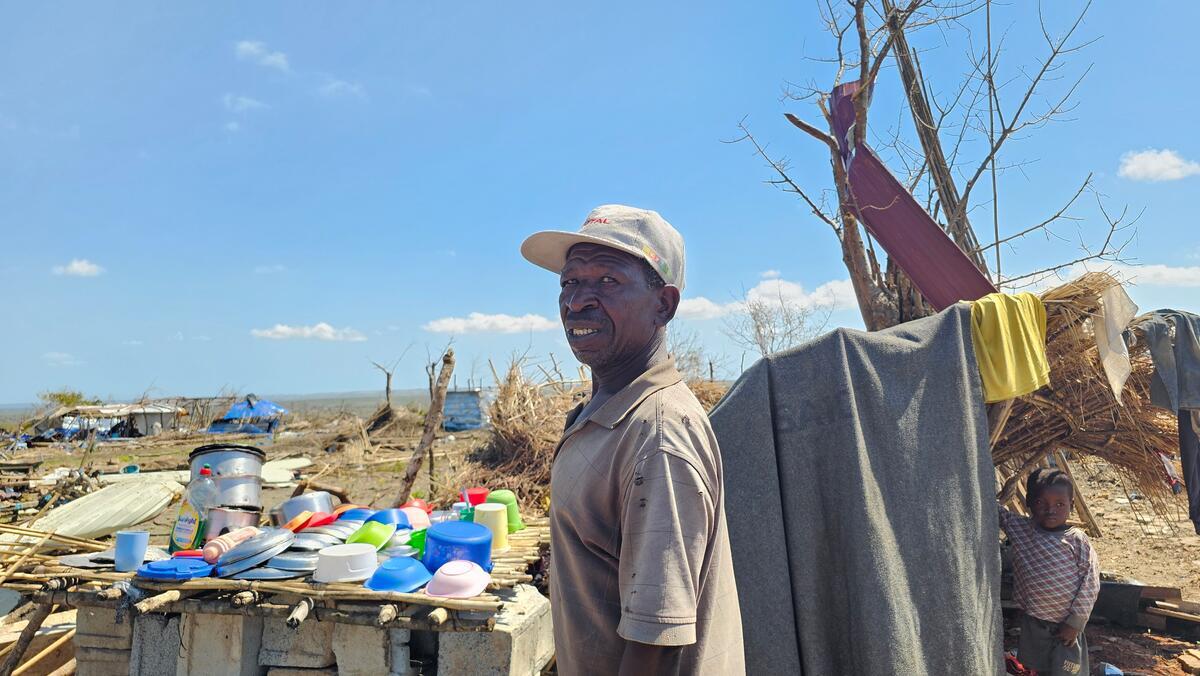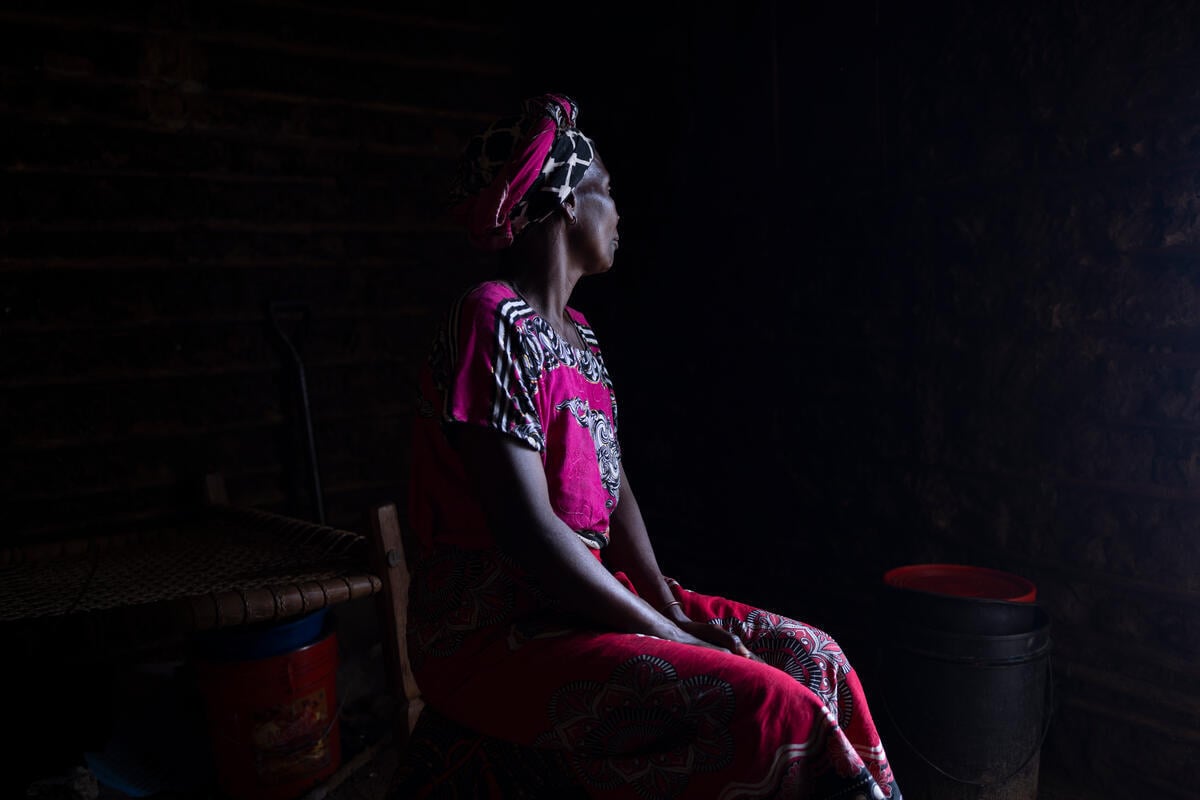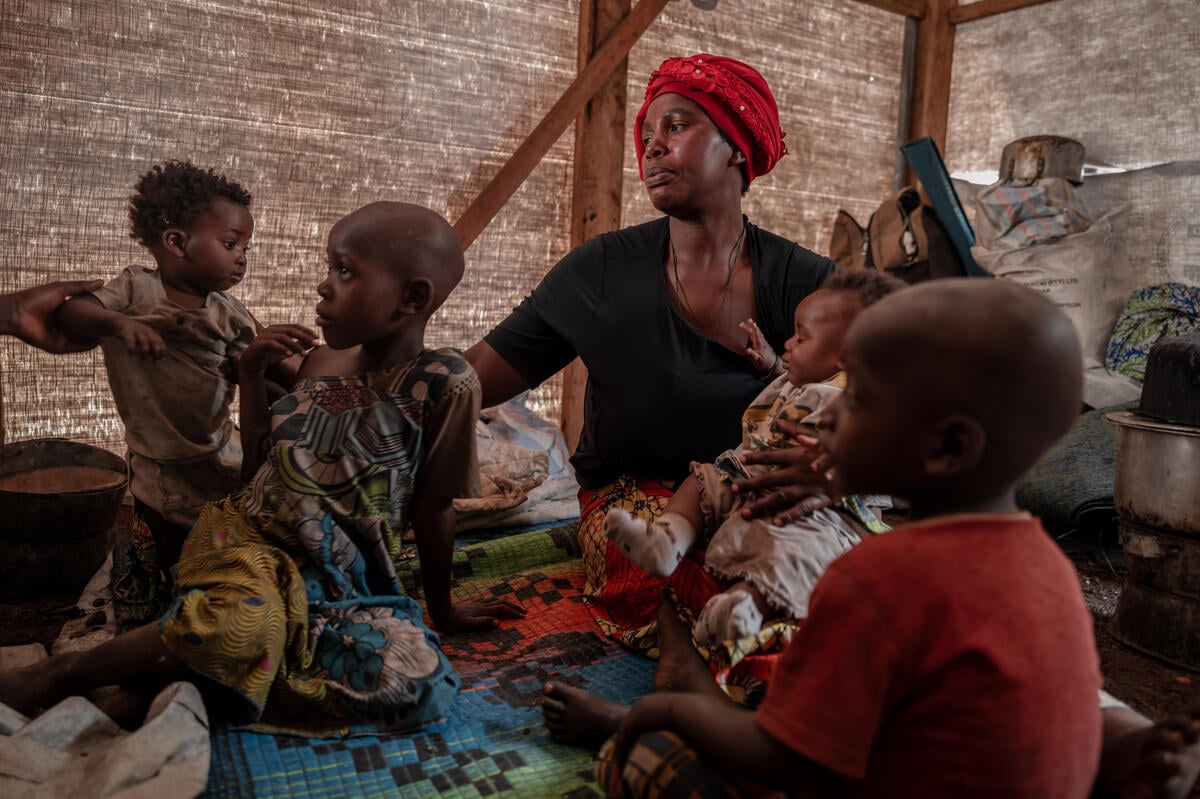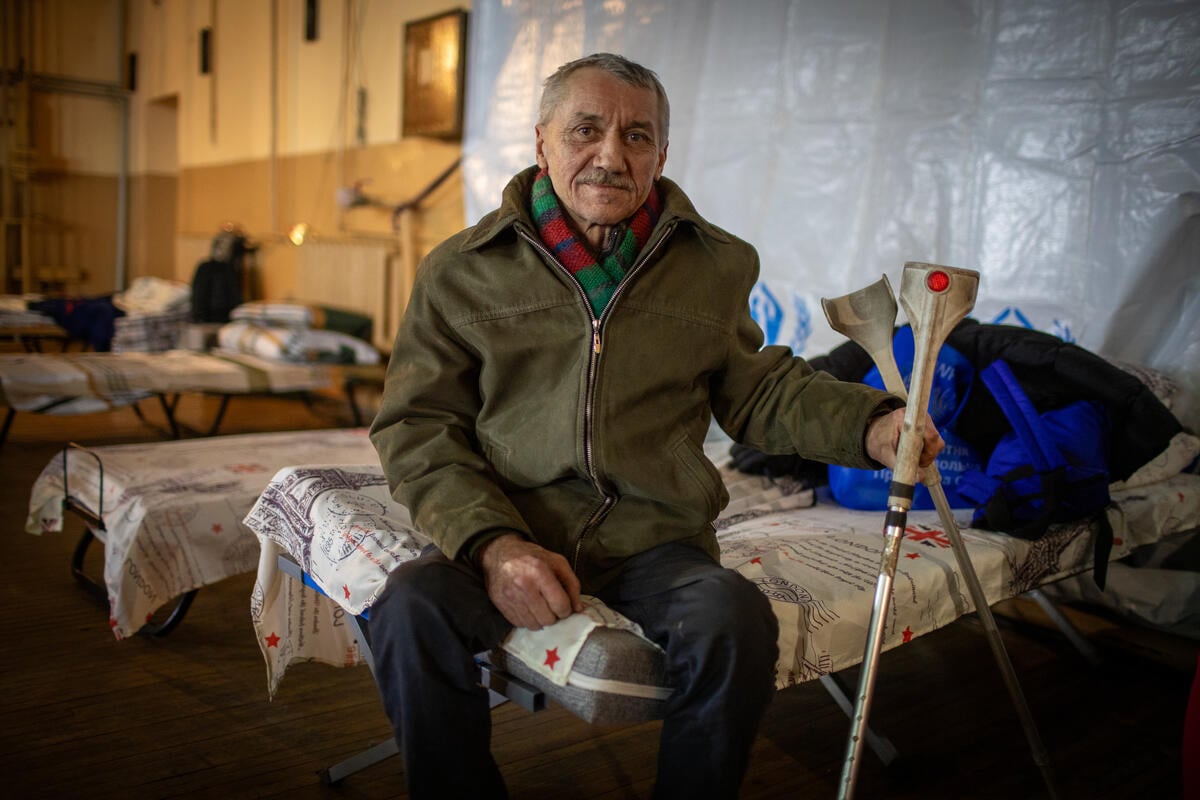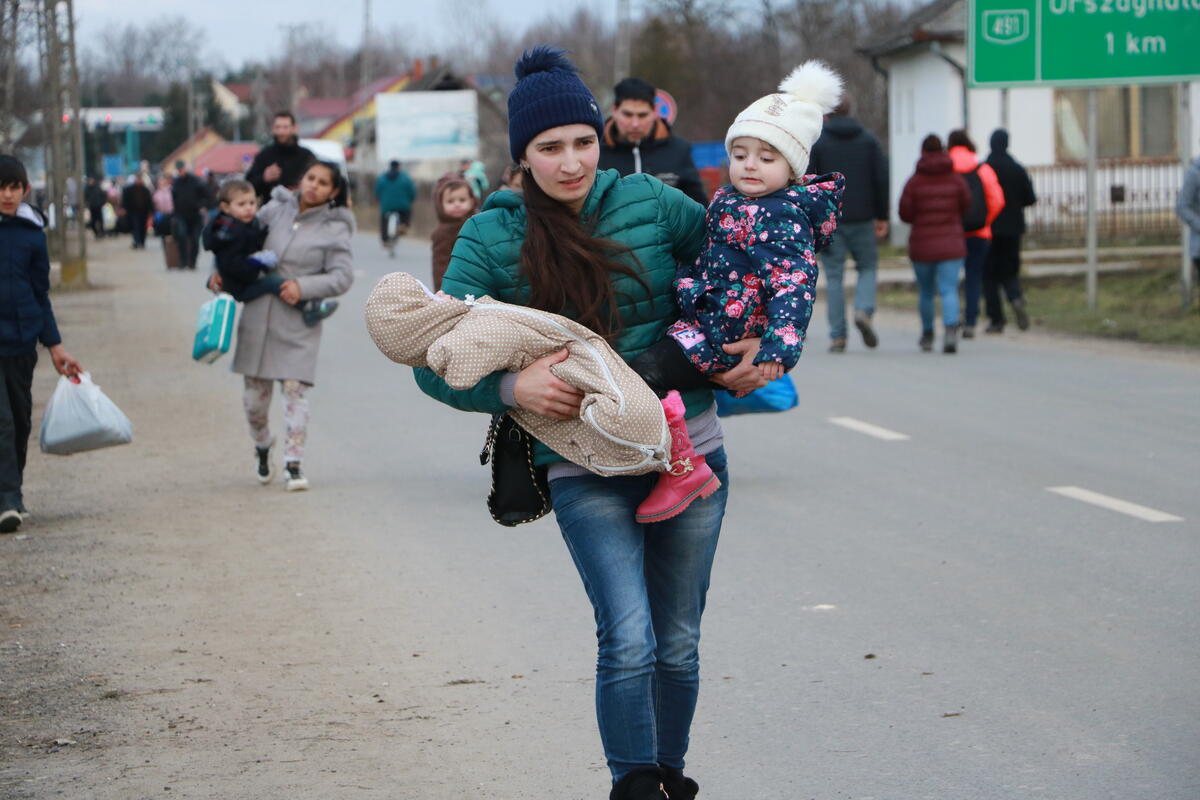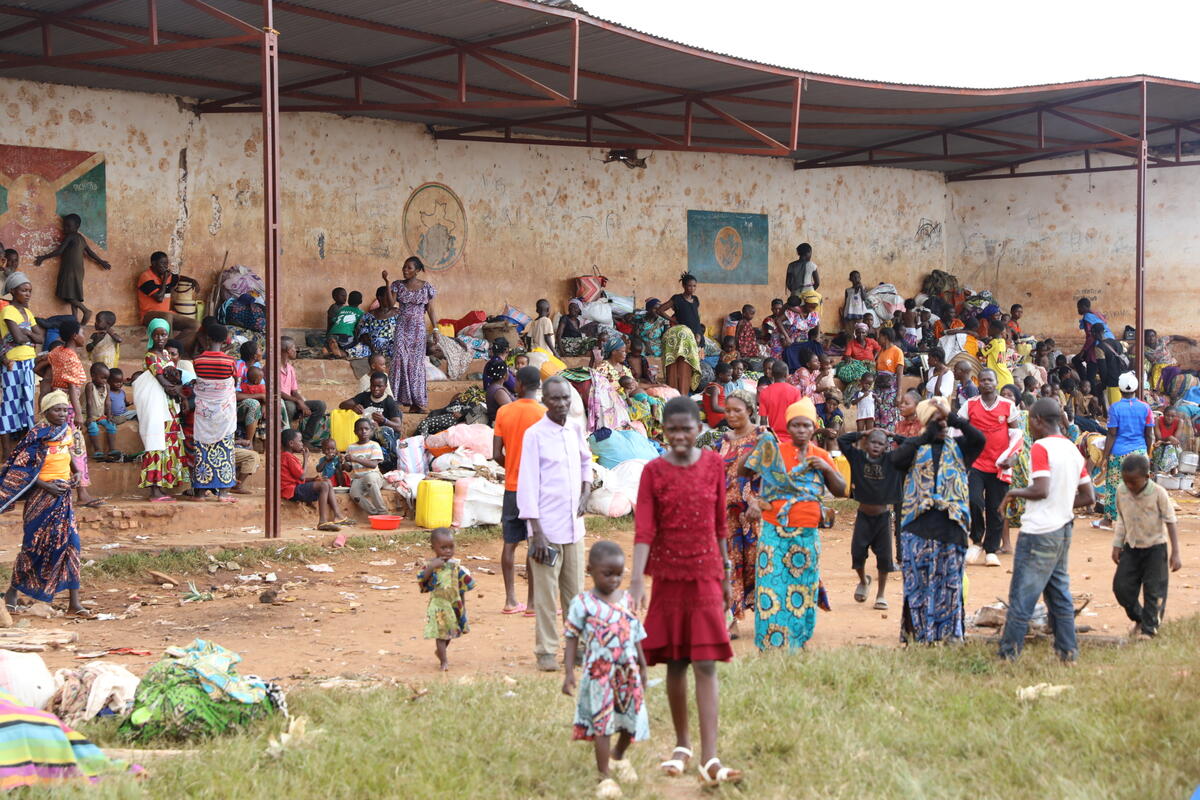Flood-hit communities in Afghanistan need urgent humanitarian support
Flood-hit communities in Afghanistan need urgent humanitarian support

UNHCR, the UN Refugee Agency, is supporting humanitarian efforts in Afghanistan after Monday’s rainstorms and heavy flooding in the country’s Central and Eastern regions left at least 40 people dead, more than 340 injured and many more displaced.
Many roads, bridges, homes and public buildings have been damaged or destroyed. It is expected that figures will rise when more areas become accessible to rescue and assessment teams.
Afghanistan is among the countries most exposed to extreme weather conditions and natural hazards, such as droughts and storms. It is also one of the least prepared to adapt to the impact of climate change, following four decades of conflict, insecurity and instability. The latest floods follow devastating flash floods in May, which hit large areas of northern, northeastern and western Afghanistan, killing and injuring more than 683 people, with widespread damage to infrastructure, homes and agricultural lands.
In response to the latest flash floods and storms this week, joint humanitarian assessment teams including UNHCR, and partner staff from WAW (Women for Afghan Women), have been deployed to the affected areas to determine the impact, humanitarian needs and identify families in need of aid. Many areas are still inaccessible due to damaged roads and bridges.
Initial estimates suggest thousands of people were affected in the severely hit provinces of Nangarhar, Laghman and Kunar. Some of the worst-hit areas are in districts with high numbers of displaced Afghans and refugee returnees, where UNHCR had been working with others to provide protection assistance and essential services.
UNHCR plans to strengthen its existing services to provide mental health and psychosocial support to flood-affected people. Those who may have lost documentation will also be offered legal assistance and services including the issuance and renewal of civil documentation and counselling as needed on land and property issues. Our partners will refer individuals with specific protection concerns, such as gender-based violence and child protection, for further support.
Eight inter-agency humanitarian emergency teams have been deployed in Nangarhar Province, and six teams in Laghman and Kunar Provinces, including UNHCR and WAW staff. More teams will travel to affected areas in the coming days as the overall assessment of damage and loss of life is ongoing. UNHCR has prepositioned stockpiles of emergency relief items which could be made available for distribution as required and based on assessment reports.
The recent flooding incidents are exacerbating the vulnerabilities faced by communities already struggling to access basic services.
Afghanistan remains one of the world’s worst humanitarian crises, with 23.7 million people estimated to need aid in 2024 according to the Afghanistan Humanitarian Needs and Response Plan. Since the start of the year, the UN estimates more than 145,000 people have been affected by disasters throughout Afghanistan, with 33 out of the 34 provinces experiencing some kind of extreme weather event during this period.
Afghanistan needs continued attention and support from the international community. UNHCR and other humanitarian operations in the country remain severely underfunded. Currently, UNHCR’s operation in Afghanistan is only 44 per cent funded.
For more information, please contact:
- In Kabul, Caroline Gluck, gluck@unhcr.org, +93702466642
- In Bangkok, Tiy Chung, chung@unhcr.org, +66 62 310 4369
- In Geneva, Babar Baloch, baloch@unhcr.org +41 79 513 95 49


